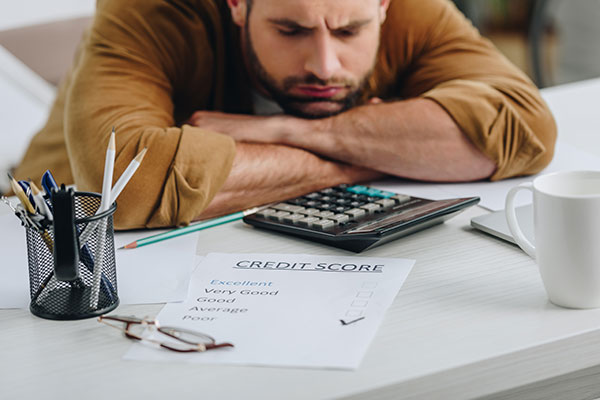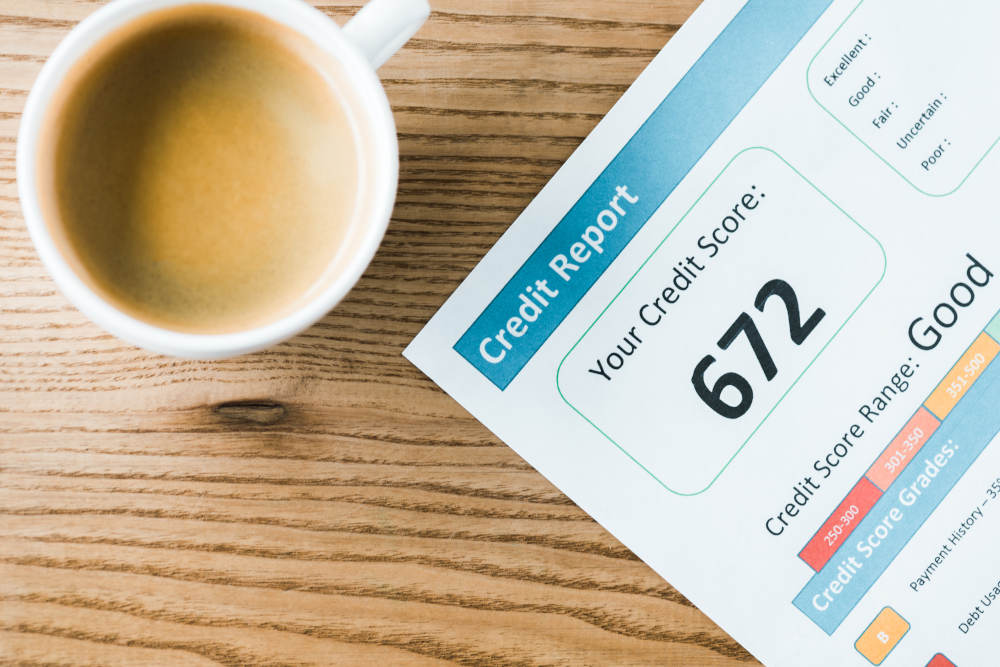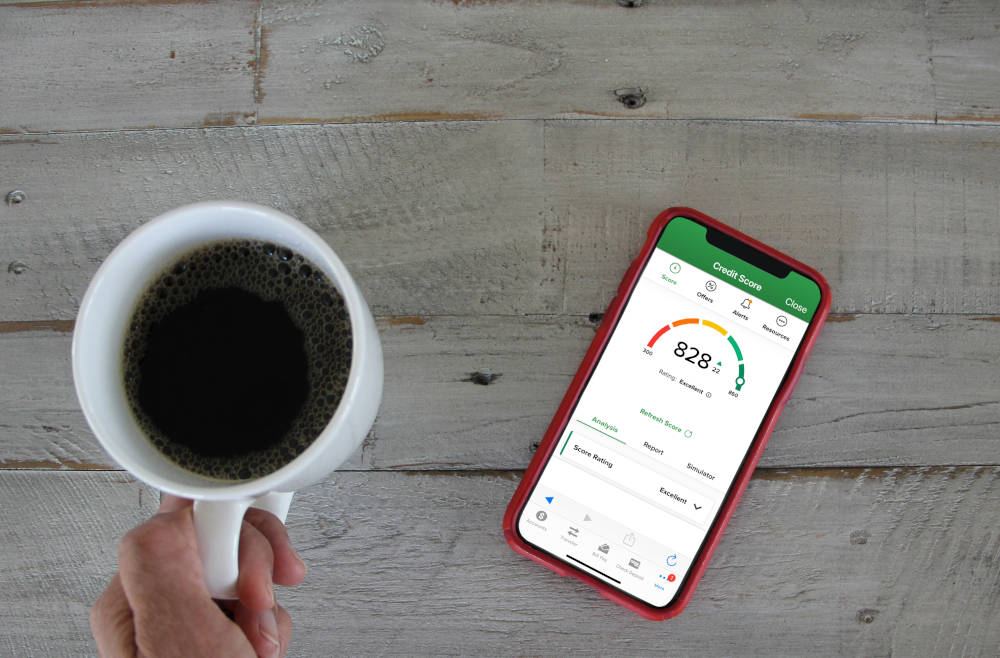
One of the many major post-pandemic necessities for consumers today is immediate damage control for their plummeting credit scores. While everyone focused on adjusting to virtual home offices and classrooms, the state of the economy sent credit ratings on a rapid cliff-side dive.
Many people ran up more charges on their credit cards than usual while making less money. Due to company cutbacks in remote employees’ weekly work hours, salary reductions continued throughout the pandemic. Many workers lost their jobs completely due to layoffs and company closings.
The average income level dropped to a precarious low. A shocking number of individuals and families were left with no income at all, unless or until they could qualify for unemployment.
Although belated government stimulus checks were helpful, the damage had already been done to consumer credit ratings. In addition, some people applied for personal loans or started small home businesses, applying for business loans. This often resulted in hard credit inquiries, which can also lower credit scores.
Ways to Effectively Fix Your Credit Score After Covid-19
Credit rating repair may seem like a daunting task. However, there are effective ways to repair and build your credit score post-Covid-19. These reliable ways to boost your credit rating include the following:
- Monitor Your Credit Report
You can request a free credit report once every year from the three major credit bureaus. Equifax, Experian, and TransUnion all offer this service. As an account holder, you can also obtain a report from most credit card companies. Once you know your baseline credit score, you can start working toward improving it.
As you most likely know, credit scores can range anywhere from 300 to 850. Scores from 300 to 579 are rated as poor, and a score of 580 to 669 is considered fair. A score of 670 to 739 rates as good, while a score of 740 to 799 is deemed very good. Credit scores in the range of 800 to 850 are considered excellent.
- Correct Any Errors in Your Credit Report
Credit experts report that, on average, one in every five consumer credit reports contains errors today. Examine your report carefully for any mistakes, and take action to get errors corrected.
Easy errors to spot are misspellings of your name and an incorrect address or age. Make sure that your report is free of accounts that are not yours. Ensure that there are no incorrect listings of late payments on your accounts.
- Pay Your Bills By the Due Date

Many different factors have strong effects on your credit score. Yet making your monthly bill payments on time is an absolute necessity to boosting your credit score. Even a single missed payment can significantly damage your score, causing it to drop as much as 50 points.
It is much better to make a $40 or $50 minimum payment on time every month than to pay erratically. If you pay $400 or $500 one month and are late paying the next month’s bill, you will not improve your credit rating.
- Reduce Your Credit Utilization Ratio
The majority of lending companies favor a debt-to-credit ratio that is lower than 30 percent. If you have poor or fair post-pandemic credit, paying down your debt can have a surprisingly good result. It can raise your credit score by 20 points or even more.
If your score is higher, your debt pay-down will not improve your score as much. However, making regular payments to lower your debt is a major aid to improving your credit.
- Refrain From Closing Accounts
If you have credit cards that you never use today, do not close them. Since the length of your credit history is an important factor in determining your credit score, keep these unused cards. Credit experts suggest using these cards occasionally and paying the balance due on time. This can help to maintain and build your credit rating following the pandemic.
By implementing these simple and effective methods, you can boost your post-Covid-19 credit score significantly. When you follow your plan each month, you will soon see major improvements in your score. You can then start enjoying the benefits of your higher credit rating.
Also check out Bad Credit Card Habits to Ditch Today




